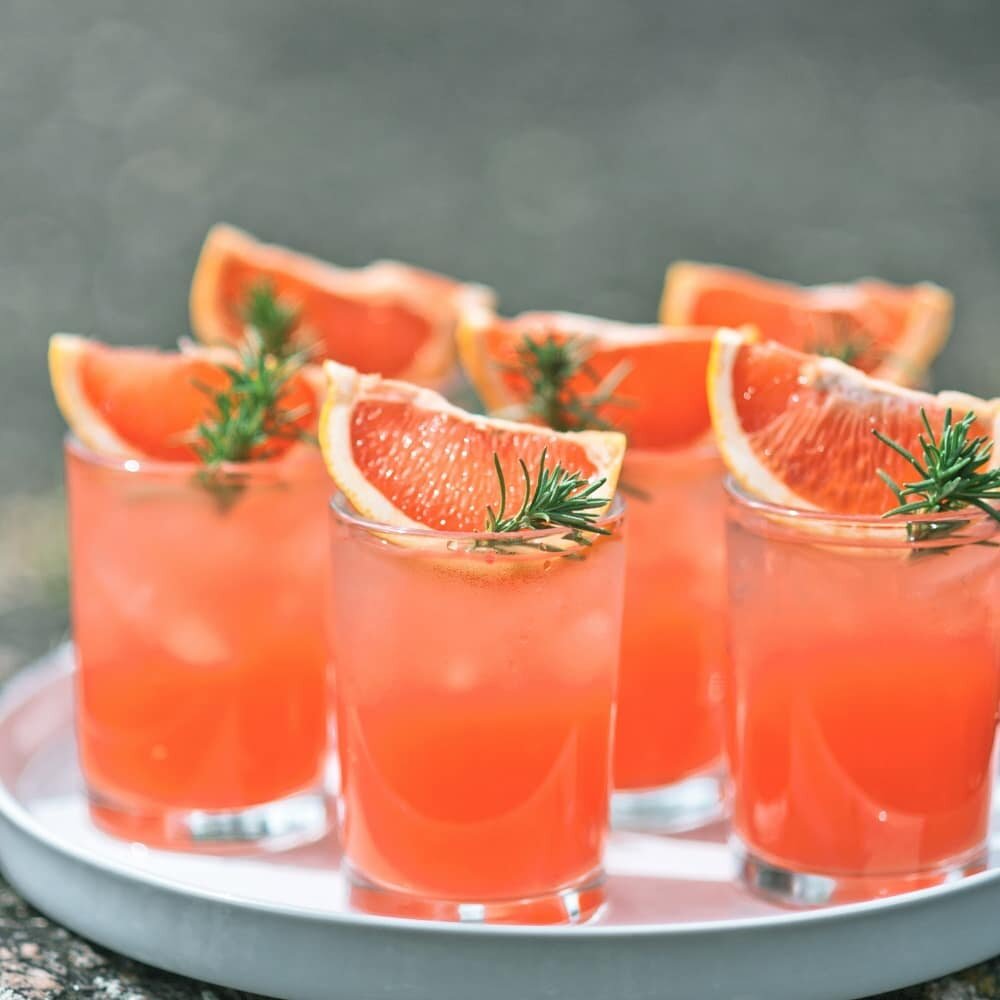
If you, like so many of us, like to partake of a tasty alcoholic beverage or two every now and then, you may have noticed some not so attractive side effects for your skin. These may include redness, dry, scaly skin, breakouts and inflammation. Not something you want to wake up to, after a night out.
But what is actually happening inside your body to cause these unfortunate symptoms?
And how can you minimise these effects?
Redness
Many people experience “alcohol flush reaction” after a few glasses of alcohol. Why does this occur?
After having a drink, the body begins to break down the alcohol content into other substances to make it easier to flush out of the body. One of these substances is acetaldehyde, which is very toxic to the body.
When drinking in moderation, the body can usually process these by-products relatively well. However, if a person is sensitive to alcohol or has a lot to drink, their body may not be able to manage all of those toxins, and acetaldehyde can begin to build up in the body.
The red facial flush happens because the blood vessels in the face dilate in response to these toxins. In some people, this can happen after very little alcohol. This dilation of blood vessels can after a time become permanent!
This red facial flush is, unfortunately, a genetic condition that cannot be quickly remedied, and is usually an indication that you need to slow down your drinking and rehydrate with water.
Dehydration
Alcohol is a known diuretic (meaning it makes you pee more) and actually prevents your body from extracting water from urine in the kidneys.
This means alcohol can dehydrate you, and your skin can become dull and rough, as the skin cells are not getting the water content they need to stay plump and healthy.
Dry skin is also an indication of an impaired acid mantle, which means it does a poor job of protecting us from the elements and dangerous bacteria and viruses
This dehydration can cause premature aging of the skin, like wrinkles. Dry skin is also a stepping stone to post-bingeing breakouts, which leads us to our next side effect.
Breakouts
By impairing your acid mantle with dehydration, your skin is open to bacterial infection. In addition, alcohol dilates the pores of your skin, leading to blackheads and whiteheads.
Inflammation
In the same way that alcohol causes redness, it also causes inflammation in the tissues of your skin, by bringing blood into these tissues.
Why is this a bad thing?
We all know the sun is the number-one ager for the skin, but most people don’t realize that the second major cause of skin aging is inflammation — any way we can avoid inflammation will be better for our skin.
How to reduce these effects
If you enjoy a drink or two, chances are you are not going to give it up altogether. And we are not going to suggest this!
Here are our tips to reduce these negative impacts on your skin (and the rest of your body).
-
Intersperse your beverages with water. For every alcoholic drink you consume, aim to drink a glass of water. This will help to slow the absorption of alcohol into your bloodstream, help your kidneys to flush out toxins produced by alcohol, and keep you more hydrated (this will help with any hangover, too.)
-
Eat a meal prior to drinking. This will help to deter the side effects since some of the alcohol will pass instead through the gastrointestinal system along with the food, so that the two are metabolized in tandem (and thus, side effects aren’t as potent).
-
Choose your beverages carefully. From the alcohol menu, beer may be the most offensive to the skin. It has more additives, such as salts and sugars, which will add more stress on the liver to metabolize, as well as be overly dehydrating. Similarly, dark liquors have more additives than clear ones. The least harmful to you (but by no means good!) is probably red wine. This is because red wines contain resveratrol, which acts as an antioxidant for the tissues and skin, and helps rid the body of harmful free radicals.
- Keep your pores clear and your skin hydrated with a good skincare routine. Preparation is the best preventive, in our opinion! Regular cleansing, the use of an intense hydration serum, and twice-weekly exfoliation is key to keeping your skin’s acid mantle intact and healthy, your pores clean and your skin free of dead skin cells and debris.
